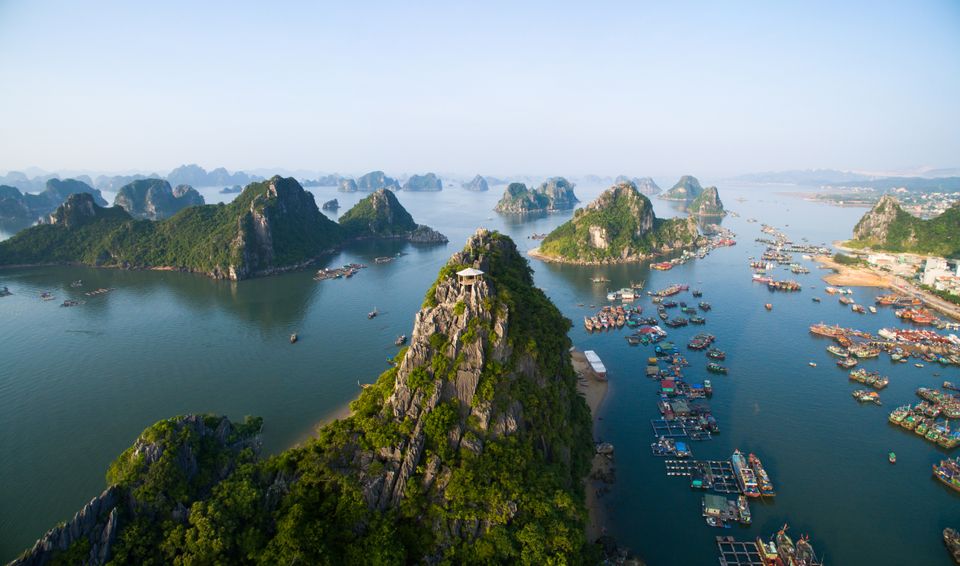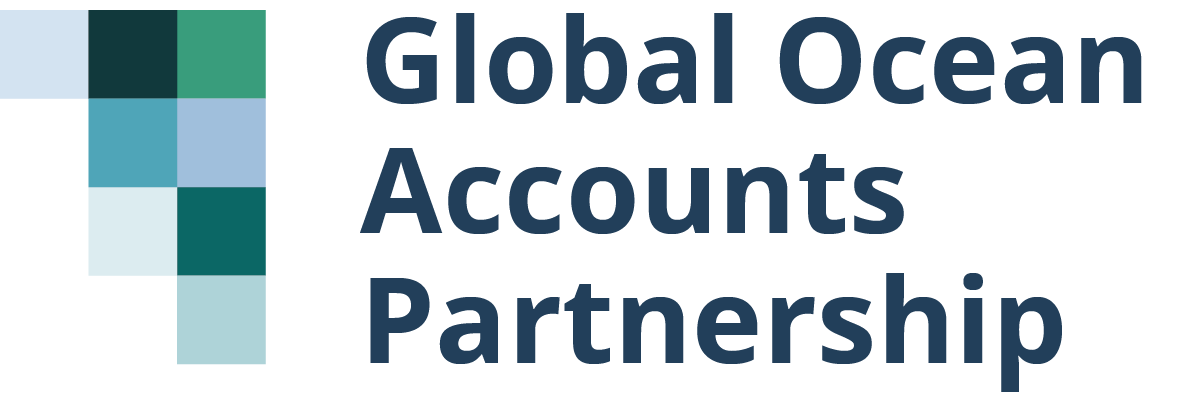Asia-Pacific Community of Practice

The GOAP Asia Pacific Community of Practice (APCoP) is a regional collaboration platform bringing together governments, international organisations and research institutions who are interested in learning about and developing ocean accounts in the Asia-Pacific region. The APCoP is led by the University of New South Wales (UNSW) and supported by GOAP’s founder and co-chair the United Nations Economic and Social Commission for Asia and the Pacific (UN ESCAP).
APCoP Objectives
- Support countries in the Asia-Pacific with the development and implementation of ocean accounts.
- Assist countries in the Asia-Pacific to mainstream ocean accounting into ocean governance tools, economic accounts and national development planning.
- Showcase how ocean accounts can support evidence-based decision-making and policy development to underpin the sustainable development of the ocean.
- Showcase how information on the ocean and ocean resource-use can be utilised to produce statistics and indicators to aid sustainable development decision-making.
- Provide a communication and collaboration platform for regional GOAP member institutions and regional stakeholders to engage in mutual capacity building and share knowledge on ocean accounting.
- Promote learning through training and the creation of new knowledge to advance the development and uptake of ocean accounting in the Asia-Pacific.
Pilots
- Ocean Accounts for Fiji: a focus on Mangroves
- Viet Nam Ocean Account: Case Study in Quang Ninh Province
- Ocean Accounts of Indonesia
Resources
ESCAP maintains a Regional Ocean Accounts Platform and has developed the following resources:
- Scoping reports, presentations and final reports for national ocean accounts pilots in China, Canada, Malaysia, Samoa, Thailand and Viet Nam.
- Training materials on the Ocean Accounts Framework (Overview, Tools and Methods, Linking to the SEEA Central Framework, Ecosystem Extent and Condition, Ecosystem Services Supply and Use, group exercises).
- Training materials on environment statistics (FDES, SEEA Central Framework, SEEA Ecosystems).
- A Global Ocean Data Inventory which includes descriptions of data on spatial units, ecosystems and their condition, services provided by these ecosystems and how these services are used.
- A feasibility study for Mapping Global Ocean Ecosystems and the feasibility of integrating these data into a user-centric Pacific Ocean Accounting Portal.
Contacts
We encourage you to reach out to us for more information, for assistance with your ocean accounting projects, or collaboration opportunities within the APCoP.
- Michael Burnside, Secretariat Manager, GOAP
- Jordan Gacutan, Technical Officer, GOAP
